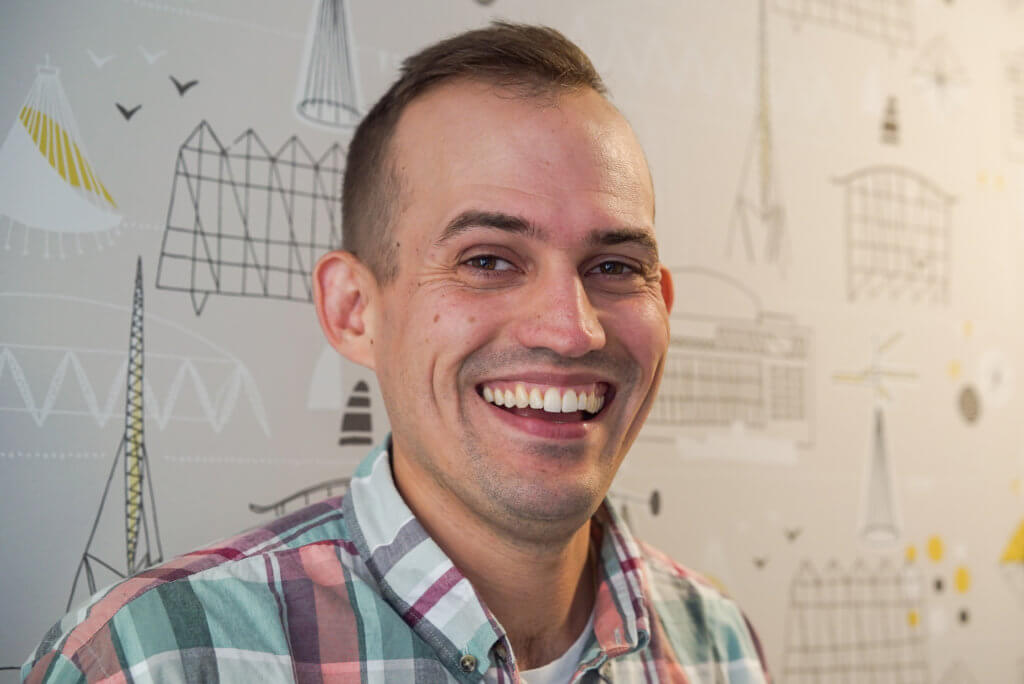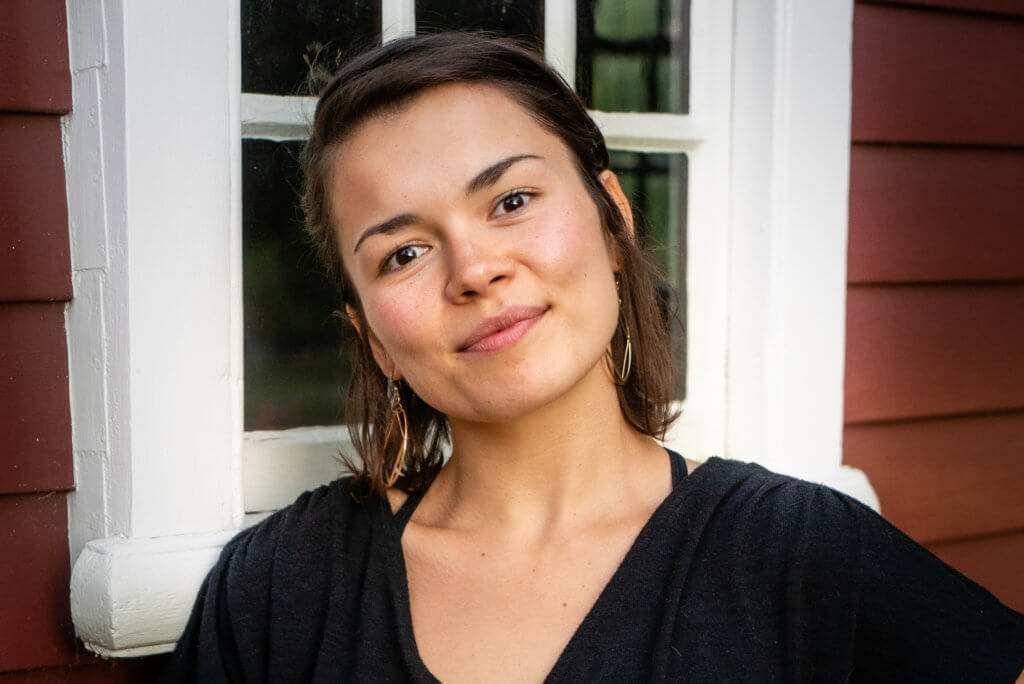Episode
Highlights
DIEHARD PATRIOTS
“I just become like that Patriots junk fan guy. It doesn’t matter. They cannot do anything wrong. [Laughs] It’s just become like: I’m a diehard Patriots.”
—SALEH
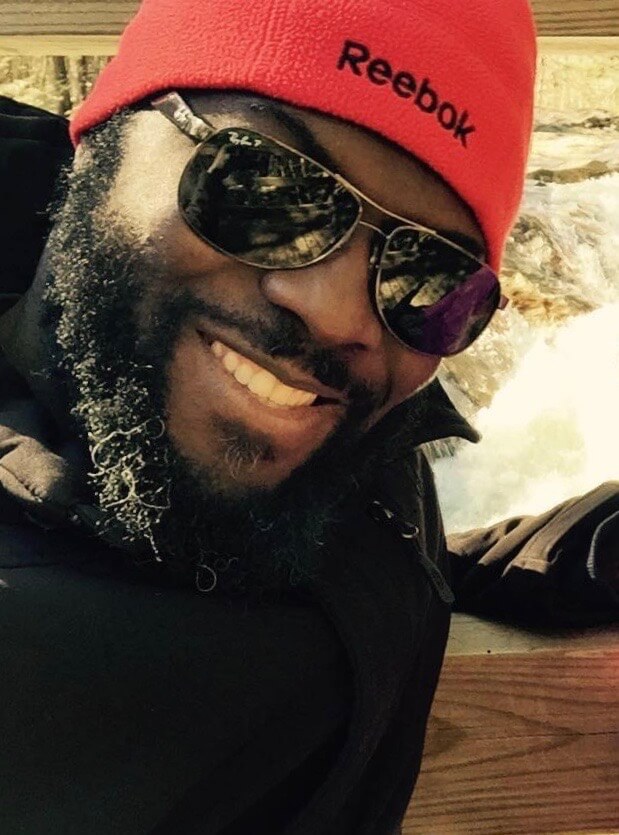
Saleh | Photo: Courtesy of Mayss Bajbouj-Kinjawi
AMERICAN PERCEPTION
But Saleh wasn’t always a fan of American football. Growing up in Senegal, he doesn’t really know much about the game at all. His impressions of American culture are limited to what he sees on TV and in the movies.
“The Magic Johnson. The Clyde Drexler. The Michael Jordan. Any game that Michael Jordan play, we watch it there and everything. We wanted to just be like American, act like American, because of what we see.”
—SALEH
“If you want to just succeed in life, that’s the country to go. Because what you see on TV is people from different nationality, different skin type and everything, all living together and making this actually great, great country. It was just advertised out there as the greatest country in the world. And who doesn’t want to be among the greatest country in the world?”
—SALEH
ARRIVING IN THE US
“Here, if you don’t work, you don’t eat, or you’re going to have to live on the street. So I had to make the decision just to work.”
—SALEH
“A lot of stuff go through your mind, you know, about like what’s going to happen? You know what I mean? Are they going to do like what you see in movie? They gonna call all the Muslim on one side, do this, and then investigate, all that stuff? You know, I have nothing to do with it. Because you’re just kind of: What’s going to happen now?”
—SALEH
“And the reason why [is] because I wasn’t here. What I saw–it’s like I say: that’s what you see on TV. And on TV they don’t show you that much. They don’t show you the racial disparity and all that stuff, because, like I say, in sports, what do you see–black, white, on the same team, right? Team. Together.”
—SALEH
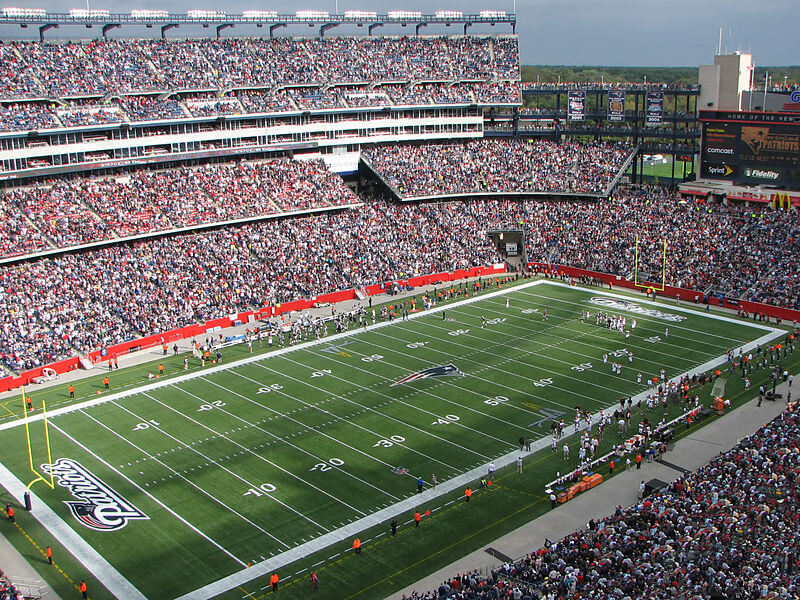
Gillette Stadium in Foxborough, Mass., is pictured on game day | Photo: Logan Ingalls
SUPERBOWL XXXVI
It’s February 3rd, 2002.
And for people who don’t remember, or weren’t paying as close attention as me at the time, this is the Super Bowl between the New England Patriots and the St. Louis Rams.
“I just fell in love with the sport. I was like, “Oh, my God. Where was I the whole time? How come I never knew about this sport?”
—SALEH
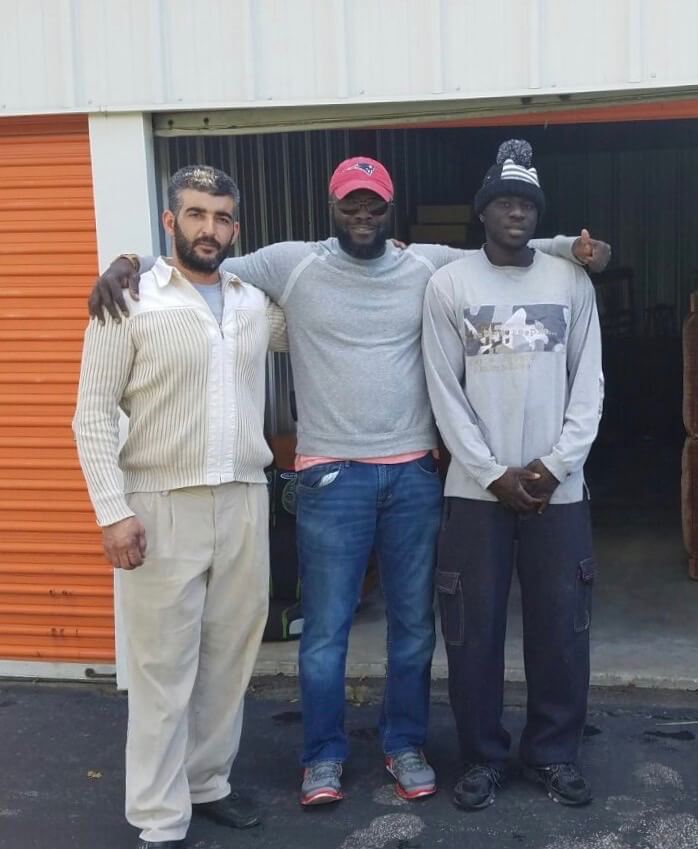
Saleh, center, is pictured here with refugees who arrived to the U.S. in 2016 | Photo: Courtesy of Mayss Bajbouj-Kinjawi
TAKE CARE OF YOUR NEIGHBOR
Today, Saleh’s main job is working for a Muslim organization that provides international humanitarian relief after major disasters.
“All the famine that hits the African country, we help send food there, build well, get water and everything. Religiously, it’s what we are asked to do. That’s what Islam is teaching us, you know: it’s just like you got to take care of your neighbor.”
—SALEH
